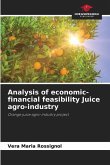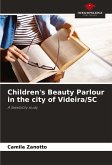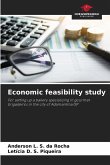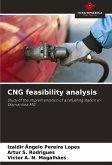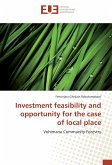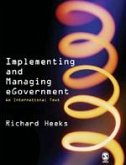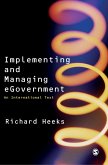The project to recover degraded areas using the oil palm (Elaeis guineensis Jacq.) agricultural system aims to restore degraded ecosystems using sustainable oil palm cultivation as an environmental restoration tool. This initiative involves establishing oil palm plantations in previously degraded areas, contributing to the recovery of vegetation cover, the conservation of biodiversity and the promotion of local socio-economic development. By using oil palm as a restoration crop, the project seeks to take advantage of the species' characteristics, such as rapid growth and high oil productivity, to promote the recovery of degraded areas in an efficient and sustainable manner. In addition, the cultivation of oil palm provides economic benefits for local communities, generating jobs and promoting the development of related production chains, such as the production of vegetable oil. To ensure the success of the project, it was essential to carry out economic, environmental and social feasibility studies, assessing the costs and benefits of implementing the oil palm farming system, as well as the potential environmental and social impacts.
Bitte wählen Sie Ihr Anliegen aus.
Rechnungen
Retourenschein anfordern
Bestellstatus
Storno


